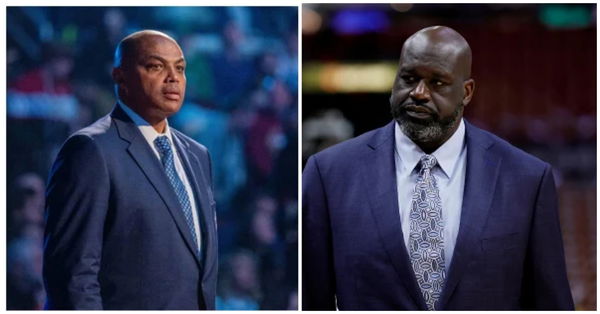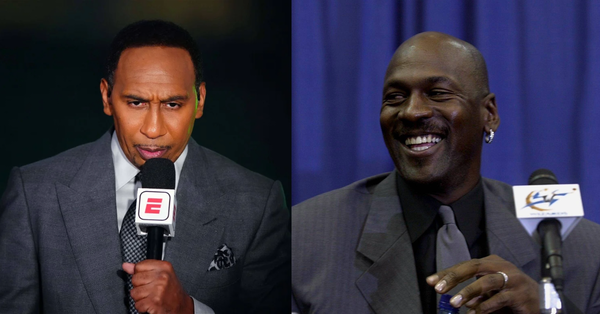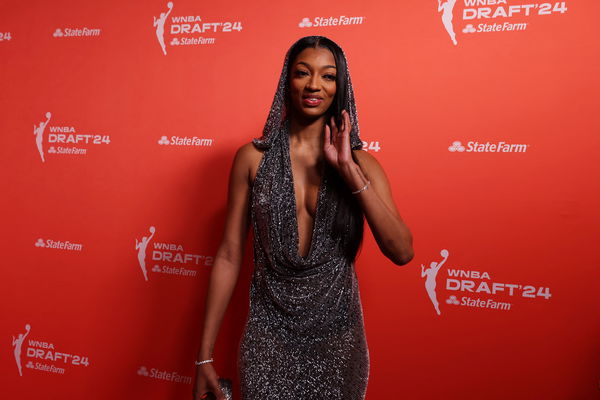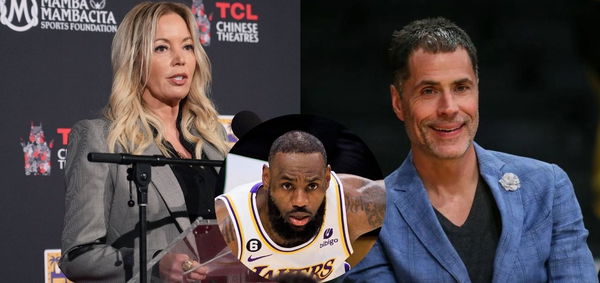LeBron James’ Betrayal Had American Villains Seeking Comfort in Mass Distaste: “Nobody Respected the Decision”

Follow Us

via Imago
Miami Heat superstar LeBron James during Wednesday night’s loss to the Chicago Bulls, which snapped the Heat’s 27-game winning streak.
There are moments in the NBA that define the direction of the league. They alter what history would have looked like and bend it to its will. It was that magnitude of a decision when LeBron James announced he was joining the Miami Heat. They already had Dwyane Wade, who had won them an improbable championship in 2006. The South Beach franchise also added Chris Bosh in that offseason. They were a three-headed tyrant ready to rampage the entire league. It was unsurprising why they were despised by the NBA universe.
In particular, it all stemmed from Cleveland. LeBron James, a hometown boy, hailing and growing up in the small town of Akron, was looked at largely as the savior for sports in the city of Cleveland. When he left, the fans were beside themselves, consumed with nasty rage. They burned his jersey, called him names, and even wished the worst upon him. No one wanted Miami to win. Being a Heat player at the time was challenging. You had to face the ‘boos’ in every arena and always had your backs as targets. However, Mario Chalmers was unfazed. Chalmers spoke vividly about being a Heat, and how it turned out with Bron by his side. On the second episode of Playmakers, he helps fans understand LeBron James’ psyche as a player, the hostility that came with being a Heat, and how he loved being the villain of the NBA.
Mario Chalmers loved being the villain with LeBron James
ADVERTISEMENT
Article continues below this ad
As much as James, Wade, and Bosh are the unsung heroes in the Heat franchise, running the show during the 2010s era, there have been many crucial pieces without whom success for the team couldn’t be tasted. Mario Chalmers is one of those pieces. And of course, him sharing the court with Bron sets the precedence just right! On the show, he opened up about how people hated the team when James had just joined them.
“You know, when Bron came to Miami we were the villains. Everybody hated us. Nobody respected the decision. Nobody wanted to see the Heat win, nobody wanted us to be successful. So I enrolled. I enjoyed the villain part and embraced it and was like yeah you know I’m ready for that” said Chalmers. “Not only getting that shot at everybody’s best but s**t having Bron, D-Wade, and CB, like yeah I’m fully prepared for this fight,”
ADVERTISEMENT
Article continues below this ad
Trending

Big Setback for Shaq, as $155 Billion Company Eyes Charles Barkley and Kenny Smith Post-TNT Era
May 17, 2024 10:54 PM EDT

“Jordan Slipping Him Cash”: Fans Join In as Magic Johnson Slams Stephen A. Smith for Leaving Isiah Thomas Out of His List
May 18, 2024 03:30 PM EDT

La La Anthony, Coco Gauff, and More Join to Celebrate Angel Reese’s LSU Celebration as She Slaps Back at GPA Critics
May 18, 2024 09:33 PM EDT

Angel Reese Rejuvenates Allen Iverson’s Legacy Through Ties With $2.5 Billion Worth Brand
May 18, 2024 03:28 AM EDT

“Could Hear Jeanie Buss & Rob Pelinka Chuckling”: LeBron James Declared to Be Manipulating NBA World With Obvious Bluff
May 17, 2024 12:58 PM EDT
Get instantly notified of the hottest NBA stories via Google! Click on Follow Us and Tap the Blue Star.

Follow Us
After the tragedy of losing to the Dallas Mavericks in their first finals, LeBron James and everyone on the Heat embraced the ‘villainous’ role that Chalmers relished. They found their identity and through it became much closer both on and off the floor. James would have his crowning moment, winning back-to-back titles and Finals MVP in the following two years. The Heat became unarguably one of the best-constructed teams in the history of the NBA.
They had to deal with scrutiny every single year. Still, the strength and perseverance of guys like Mario Chalmers is what helped the Heat build a triumphing fortress, finding the right balance with their unparalleled firepower.
ADVERTISEMENT
Article continues below this ad
But then again, do stars deserve such a harsh treatment like Bron did when joining Heat? Let us know what you think in the comments below.
READ MORE-Video: LeBron James and Browns’ Myles Garrett Tune In to Beast Mode With Latest Workout
Edited by:

Saumya Khanduja

